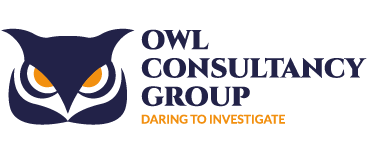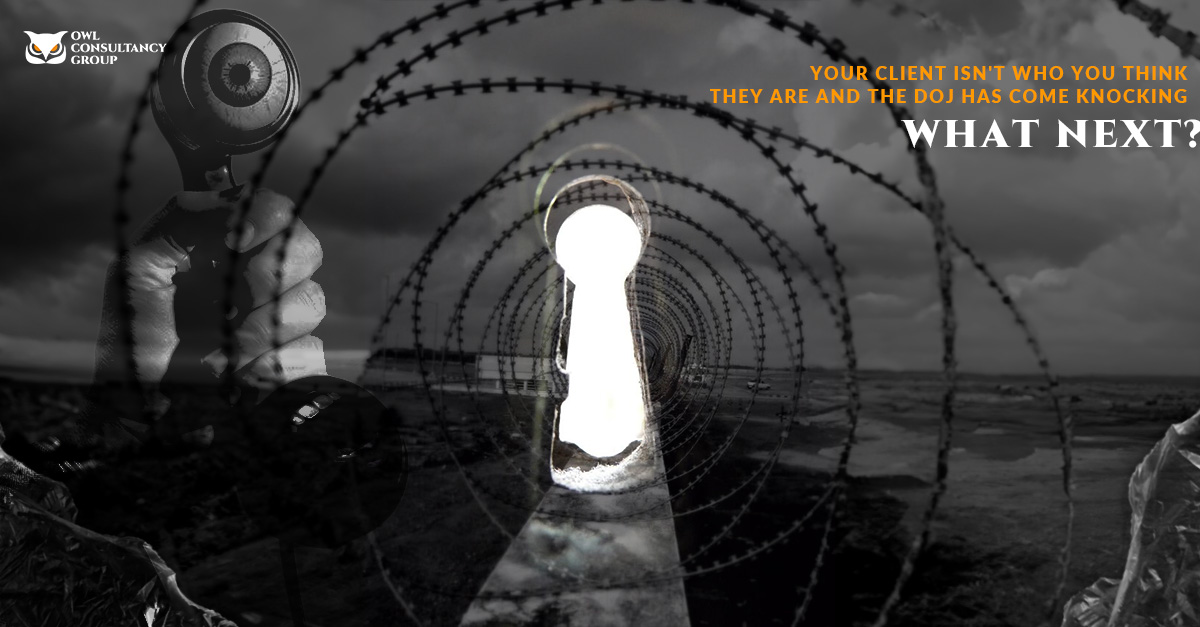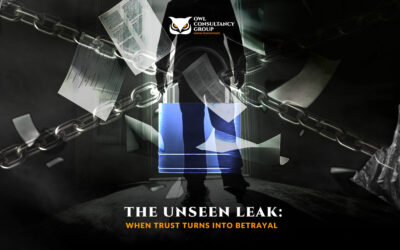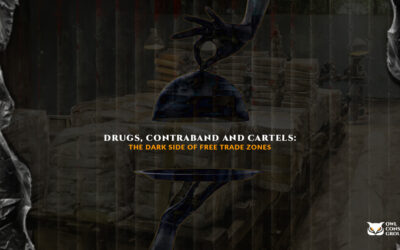You might feel like you’ve done your job carrying out due diligence checks on your client, but that doesn’t mean you’re immune from accidentally getting tangled up in sanctions evasion. These underhand schemes are becoming more sophisticated, especially as the war in Ukraine has led to stricter sanctions on Russia.
The onus is on you to stay up to date on the latest sanctions, knowing who you’re doing business with and investigating any red flags. 🚩 Bad actors can try to take advantage of your business for their own ends.
The Department of Justice recently unsealed an indictment charging 10 people for their roles in a scheme to evade US sanctions on Venezuela’s state-owned oil company.
Between 2019 and 2021, the defendants conspired to illegally procure aircraft parts from the US to service the oil company’s aircraft fleet in sanctioned Venezuela. The American businesses selling the products were unaware they were breaking sanctions because the purchasers used third-party companies in Spain and Costa Rica for the sale.
So what do you do if a government agency contacts you out of the blue about sanctions evasion? ☎️
As well as protecting national security, government agencies are trying to prevent businesses from falling into traps.
They often issue compliance notes and warnings, advising public sector organizations on the latest methods employed to evade sanctions. So look out for updates from US agencies regarding the methods used by malign actors across different industries.
If you hear from a government agency about a suspected transaction that could have violated sanctions, it’s your responsibility to conduct an internal investigation and share information with the agency. 📝
The Owl has been contacted by clients in the past who have needed a swift, in-depth investigation into a specific transaction or client to create a report for the authorities.
From there, the Office of Foreign Assets Control (OFAC) could determine that there is insufficient evidence to conclude that a violation has taken place. Be aware that OFAC may request additional information, or if it decides there is insufficient evidence but believes you haven’t exercised due diligence, you may receive a cautionary letter.
In cases where a violation is found, there are a variety of factors taken into account by the authorities, such as the company’s awareness, willingness or recklessness in breaking the law. The authorities also look into whether there is a pattern of conduct, the harm done to the sanctions program and the level of awareness among management.
By complying with and sharing information from your own internal investigation, you will have a better chance of proving your innocence.
If you need the support of a determined team of experts to shore up your own internal investigation, get in touch with the team at The Owl.
🦉 Want to know more? Shoot us a hoot






